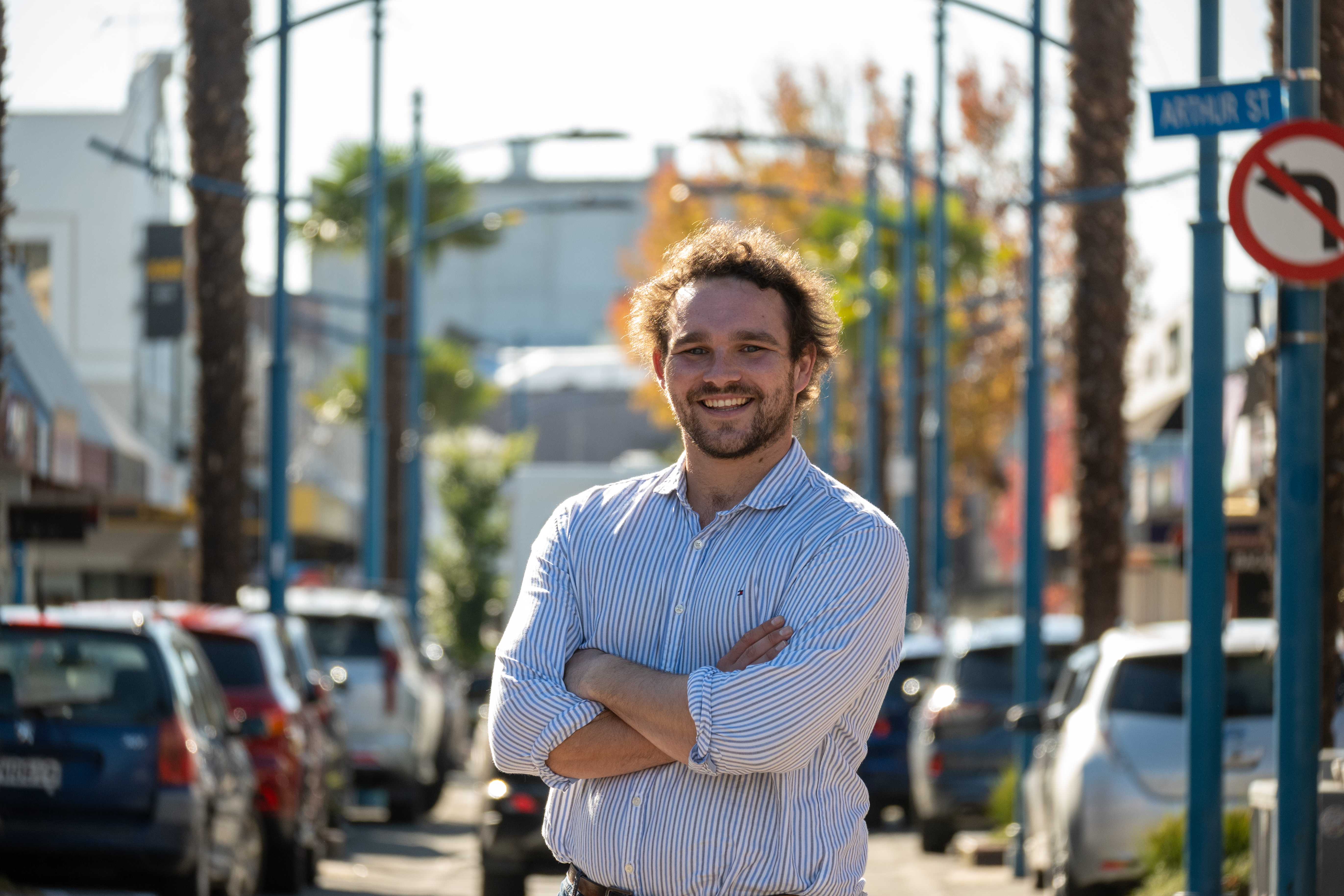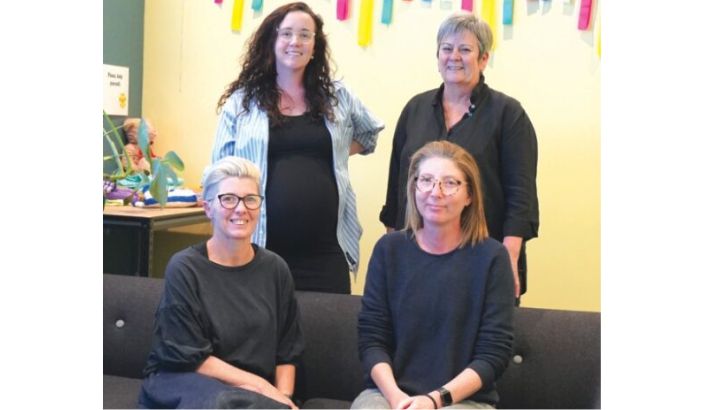Refuge research trip renews focus


Marlborough Women’s Refuge staff Rachel Black, Ashley Nally, Sarah Cotton and Catherine Walker attended the World Conference of Women’s Shelters in Sydney. Photo: William Woodworth.
A week of global knowledge-sharing has given the Marlborough Women’s Refuge fresh ideas to strengthen its work supporting women and families at risk.
Four staff attended the fifth World Conference of Women’s Shelters in Sydney in September, returning with renewed focus for their grassroots advocacy and education.
With more than 160 sessions across four days — covering issues from supporting women in war zones to online misogyny, family court reform, and Sydney site visits — manager Rachel Black says it was an intense but valuable experience.
“It was an overload of information, because we were spread across so many important talks,” she says.
“We can do what we can on the ground, but some challenges, like the spread of online misogyny, are international issues. If left unchecked, they become intergenerational.”
Social worker Ashley Nally says hearing what colleagues endure overseas was both shocking and grounding.
“Some women we met have to do their work in secret because of the violence directed at them. Here in Aotearoa we can say openly that men need to lead this conversation, and that’s not something we take for granted.”
Ashley says the single male keynote speaker highlighted that gender-based violence is not a women’s issue, but one for all men.
“More men need to call out harmful actions and language. It’s not just about preventing violence but also challenging controlling behaviours.”
Social worker Sarah Cotton says misogynistic content is increasingly shaping young men’s online experiences.
“One refuge we spoke to had staff dedicated to checking clients’ cars and devices for illegal trackers. That shows how far this abuse can go. Education now has to include critical thinking, teaching kids to question the content they’re consuming and where it comes from.”
Ashley adds that while the Refuge will continue to lift its local advocacy, lasting change requires broader community effort.
“Women can’t be left to navigate this space alone. Men need to take responsibility for each other and have the tough conversations. If we can shift the mindset from ‘not all men’ to ‘some men do’ and we all play a role, that’s a positive step.”
